Menadione
Synonym(s):2-Methyl-1,4-naphthoquinone;Menadione;MN;Vitamin K3
- CAS NO.:58-27-5
- Empirical Formula: C11H8O2
- Molecular Weight: 172.18
- MDL number: MFCD00001681
- EINECS: 200-372-6
- SAFETY DATA SHEET (SDS)
- Update Date: 2024-04-28 16:56:32
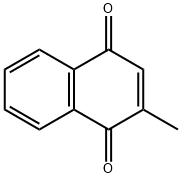
What is Menadione?
Absorption
Variable and ranges from 10% to 80%
Toxicity
Menadione (vitamin K3), which is not used as a nutritional supplemental form of vitamin K for humans, has been reported to cause adverse reactions, including hemolytic anemia. Large doses have also been reported to cause brain damage.
Description
Vitamin K is a general term referring to a group of naphthoquinone derivatives required in the diet for blood clotting. Menadione is a fat-soluble vitamin that is essential for blood clotting. It is destroyed by irradiation during processing but has no appreciable loss during storage. It occurs in spinach, cabbage, liver, and wheat bran.
The Uses of Menadione
Menadione is precursor to verious types of Vitamin K. It is of industrial importance as an intermediate in the synthesis of phylloquinone, and salts of its bisulfite adduct are used as stabilized forms in the animal feed industry. Commercially significant forms are menadione sodium bisulfite and menadione dimethyl pyrimidinol. Used as a micronutrient for livestock and pet foods.
Background
A synthetic naphthoquinone without the isoprenoid side chain and biological activity, but can be converted to active vitamin K2, menaquinone, after alkylation in vivo.
Indications
The primary known function of vitamin K is to assist in the normal clotting of blood, but it may also play a role in normal bone calcification.
What are the applications of Application
Vitamin K3 is an apoptotic inducer and Cdc2 (cdk1 inhibitor
Pharmacokinetics
Menadione (Vitamin K3) is a fat-soluble vitamin precursor that is converted into menaquinone in the liver. Vitamin K1 and K2 are the naturally occurring types of vitamin K. The former, which is also known as phylloquinone, is synthesized by plants and can be found in such foods as spinach, broccoli, lettuce, and soybeans. The latter, sometimes alternatively referred to as menaquinone, is primarily produced by bacteria in the anterior part of the gut and the intestines. Vitamin K3, on the other hand, is one of the many manmade versions of vitamin K. Also called menadione, this yellowish, synthetic crystalline substance is converted into the active form of the K2 vitamin inside of the animal body. While a vitamin K deficiency can be dangerous, especially to infants that may easily suffer from extensive hemorrhaging, an overdose can be as equally detrimental. Newborns that are administered too great a dosage of vitamin K3 can suffer from kernicterus, a form of severe brain damage that may produce decreased movement, loss of appetite, seizures, deafness, mental retardation, and even death. This condition is associated with an abnormally high concentration of bilirubin, a bile pigment, in the tissues of the brain, which can be caused by the presence of K3. For this reason, K3 is less often utilized medically than it was in former times.
Metabolism
Hepatic
Properties of Menadione
| Melting point: | 105-107 °C(lit.) |
| Boiling point: | 262.49°C (rough estimate) |
| Density | 1.1153 (rough estimate) |
| storage temp. | room temp |
| solubility | oil: soluble |
| form | crystalline |
| color | yellow |
| Odor | Slight odor |
| Water Solubility | INSOLUBLE |
| Sensitive | Light Sensitive |
Safety information for Menadione
| Signal word | Danger |
| Pictogram(s) |
 Exclamation Mark Irritant GHS07  Health Hazard GHS08  Environment GHS09 |
| GHS Hazard Statements |
H302:Acute toxicity,oral H315:Skin corrosion/irritation H319:Serious eye damage/eye irritation H334:Sensitisation, respiratory H335:Specific target organ toxicity, single exposure;Respiratory tract irritation H410:Hazardous to the aquatic environment, long-term hazard |
| Precautionary Statement Codes |
P261:Avoid breathing dust/fume/gas/mist/vapours/spray. P264:Wash hands thoroughly after handling. P264:Wash skin thouroughly after handling. P273:Avoid release to the environment. P301+P312:IF SWALLOWED: call a POISON CENTER or doctor/physician IF you feel unwell. P302+P352:IF ON SKIN: wash with plenty of soap and water. P305+P351+P338:IF IN EYES: Rinse cautiously with water for several minutes. Remove contact lenses, if present and easy to do. Continuerinsing. |
Computed Descriptors for Menadione
| InChIKey | MJVAVZPDRWSRRC-UHFFFAOYSA-N |
Abamectin manufacturer
Suvan LifeSciences (formerly Sansh Biotech Pvt Ltd)
Sanovi Pharmaceuticals Pvt Ltd
New Products
3-N-BOC-(S)-AMINO BUTYRONITRILE 4-Piperidinopiperidine 2-Methyl-4-nitrobenzoic acid 2-(4-bromophenyl)-2-methylpropanoic acid 4-Acetyl-2-methylbenzoicacid Acetyl-meldrum's acid Ethyl-4-Pyrazole carboxylate 2,6 Di acetylpyridine 2,6-Pyridinedimethanol 5,7-Dichloro-3H-Imidazo[4,5-B]Pyridine 5-Bromo-2-Methoxy-4-Methyl-3-Nitropyridine 2-Fluoro-5-Iodopyridine 2-Fluoro-5-Methylpyridine 2-Chloro-3-Bromo-5-Amiopyridine METHYL-4-(BUTYRYLAMINO)3-METHYL-5-NITROBENZOATE TRANS-CYCLOBUTANE-1,2- DICARBOXYLIC ACID 5-Nitro indazole R-(-)-5-(2-AMINO-PROPYL)-2-METHOXY-BENZENESULFONAMIDE 1,3-cyclohexanedione 4-Aminophenaethylalchol 3-NITRO-5-ACETYL IMINODIBENZYL (S)-(+)-4-BENZYL-2-OXAZOLIDINONE 4-FLUORO PHENYL MAGNESIUM BROMIDE 1.0 M IN THF 1-HYDROXY-4-METHYL6-(2,4,4-TRI METHYL PHENYL)-2-PYRIDONE MONO ETHANOL AMINE(PIROCTONE OLAMINE)Related products of tetrahydrofuran
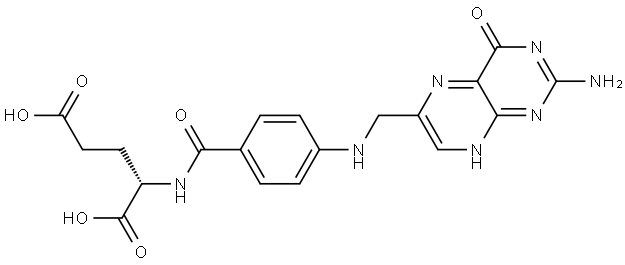
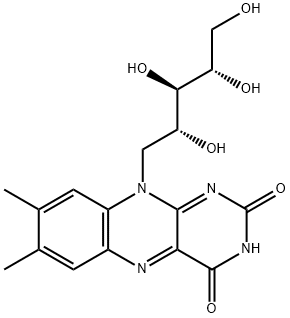
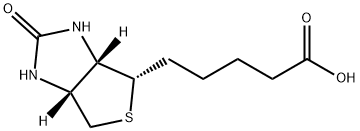

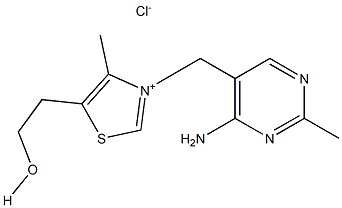

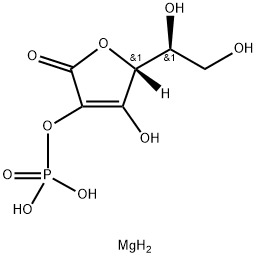

You may like
-
 58-27-5 MENADIONE 99%View Details
58-27-5 MENADIONE 99%View Details
58-27-5 -
 58-27-5 99%View Details
58-27-5 99%View Details
58-27-5 -
 Menadione 99%View Details
Menadione 99%View Details -
 Menadione 58-27-5 98%View Details
Menadione 58-27-5 98%View Details
58-27-5 -
 58-27-5 Menadione 98%View Details
58-27-5 Menadione 98%View Details
58-27-5 -
 58-27-5 98%View Details
58-27-5 98%View Details
58-27-5 -
 Menadione 98%View Details
Menadione 98%View Details
58-27-5 -
 68915-31-1 99%View Details
68915-31-1 99%View Details
68915-31-1